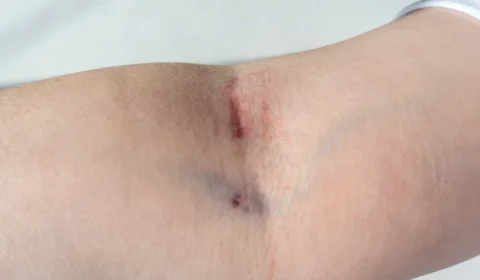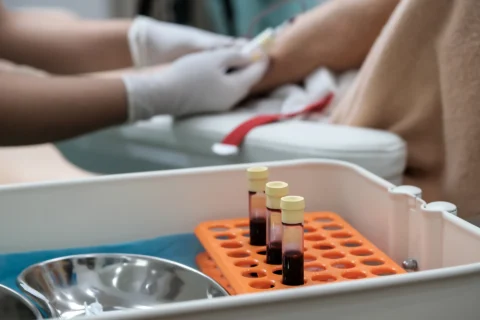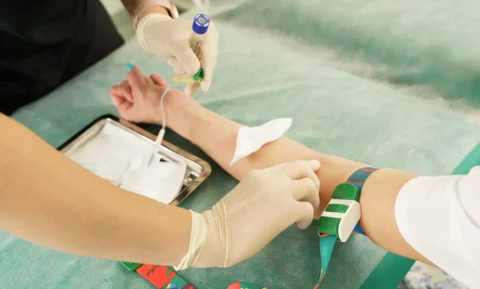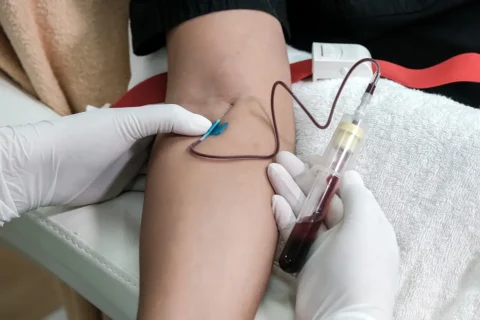The aesthetic medicine industry is filled with exciting opportunities for medical professionals who are interested in helping patients enhance their appearance and restore their confidence. Aesthetic courses vary widely so it’s hard for an aesthetic practitioner to just choose one without considering different factors.
So how should medical professionals choose the best medical aesthetics training academy? When it comes to choosing a training program in the aesthetic industry, practitioners should consider things like the academy’s accreditation, kinds of medical aesthetic training courses they offer, contents of the course curriculum, duration of the training course, opportunities for hands-on and practical training, reviews by previous students, and post-training support.
7 Things to Consider When Choosing an Aesthetic Training Academy
According to the 2020 Plastic Surgery Statistics Report by the ASPS, about 15.6 million surgical and non-surgical procedures are performed in the aesthetics industry in a year. The main reason for this demand is that more Americans rely on cosmetic injectables and other aesthetic procedures to improve their appearance.
To make up for the demand, many healthcare professionals – like a nurse practitioner, physician, or physician assistant – grabbed the opportunity to start a career in aesthetic medicine by attending basic training programs like a Botox or dermal filler course.
1. Accreditation of Instructors and the Academy
One of the most essential elements when it comes to choosing an aesthetic training academy is checking their accreditation and credential. Nurses and physician assistants need to learn from the best experts in the industry to develop their injection techniques well and offer better facial aesthetic treatments for their patients.
Before signing up for a basic advanced course in an aesthetic training academy, make sure to ask how long they’ve been teaching the master course and what kind of experiences they have in the medical aesthetics industry.
2. Kinds of Aesthetic Training Courses They Offer
There are many types of training courses to choose from, but a medical professional should start with basic Botox or dermal filler training for their aesthetic practice. If they’re interested in an advanced course after completing their basic certification, then it’s better to re-enroll in the same academy so they have an idea of how their theoretical or private training goes.
In addition to Botox and dermal filler treatments, aestheticians should also consider offering other aesthetic procedures in their practice, like laser treatments, skin rejuvenation procedures, and more. These treatments also require separate facial aesthetics courses.
3. Contents of the Course Curriculum
The contents of an aesthetic training course curriculum vary depending on training academies. However, each basic training course must include refresher lessons on facial anatomy and physiology since it’s the part of the body that aestheticians work with the most.
The course curriculum should also be designed by industry experts so they can share their knowledge and experience. It should also be based on the latest studies and the best scientific sources.
4. Duration and Full Schedule of Aesthetic Training
One of the major problems that prevent medical professionals from continuing their aesthetic training is the lack of time. Most aesthetic treatment courses are completed in a few days, so they need to take a day or two off from their busy schedule.
For aestheticians who can’t afford to take time off for their aesthetic training, many training academies offer online courses. These training programs have the same curriculum as traditional aesthetic training courses, but they allow aestheticians to learn at their own pace based on their busy schedules.
5. Opportunities for Hands-On Training
Written lessons are essential in theory, but students should also be given the opportunity to test their skills through hands-on training. It encourages them to think critically and apply what they learned from the modules to a real-life situation.
But since hands-on training isn’t a requirement for all aesthetic training academies, make sure to ask the provider if they have opportunities for hands-on training first before signing up for the course.
6. Reviews by Previous Participants
Like any other product or service, aesthetic training courses are also reviewed by people who already finished their training. Reviews about the academy and the type of aesthetic training course they offer give interested students a glimpse of the learning experience they offer. Credentials and accreditation are important, but training academies should also know how to relay information to their students in an easy-to-understand way.
7. Post-Training Support
Learning about aesthetic treatments isn’t limited to modules, theories, and practical training sessions. Medical practitioners and aestheticians can still learn new things from other aesthetic treatment providers, and the best way to do it is by joining a community of other practitioners to share pieces of information, tips, and techniques.
Some training academies introduce their students to a network of other aestheticians who already completed the same course as them. If you think you can also benefit from this kind of post-training support, then ask the training academy if they have something similar to a supportive community of alumni that you can join after the training.
Offer More Services for Your Patients With FACE Med Store
FACE Med Store helps different clinics, medical spas, and healthcare providers across the country offer the best treatments for their patients by supplying them with the high-quality medical and cosmetic tools they need.
We also offer online aesthetic courses with curricula created by industry experts to help aspiring aestheticians start their careers. These training programs are also a great way for medical professionals to expand their skill sets and offer more services in their aesthetic practice. Call us today to know more about our online courses and other quality products.






